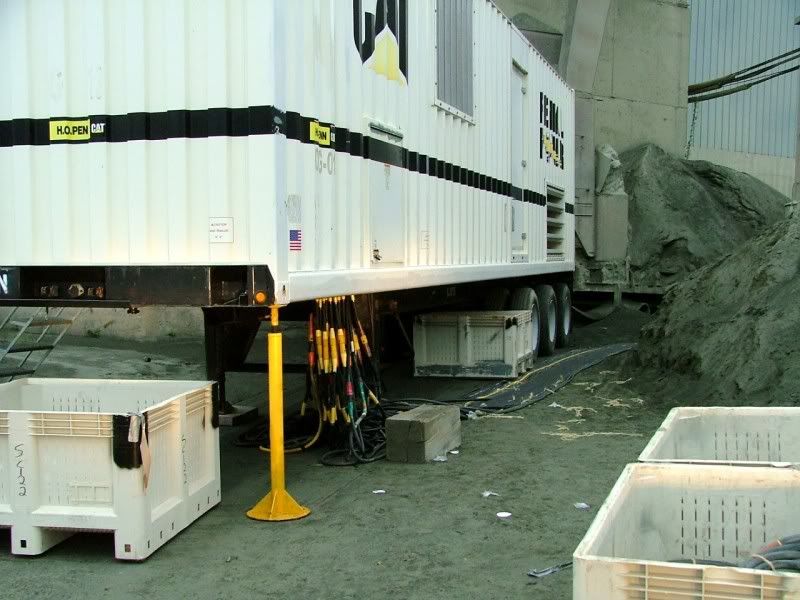Section 590.6(B) Does this also apply to cord sets (extension cords) that would be used by maintenance personnel or operations at our facility eventhough it is not "Temporary"? We had a procedure established based on what used to be NFPA 70 Sect. 305.6(B) which appears to be the same as 590.6 now. However, based on NFPA 70E 110.9 nothing references back to 590.6 so changes were made to our procedure based on 70E alone. Our procedure used to require quarterly inspection of cord sets and these were color coded after inspection by electricians. The problem was we couldn't get people to bring them to electric shop for inspection - that is why we changed procedure to what NFPA 70E 110.9 states.
My question is, "do we need to go by 590.6 (B) (1) and/or (2)?
My question is, "do we need to go by 590.6 (B) (1) and/or (2)?


